10 Home Project Budgeting & Money Tips
 Serious topic for a Tuesday, I know… but this is another popular reader request and a necessary discussion that comes with renovating. I hate talking about numbers, I hate having a budget (don’t we all?), and excel sheets make my head spin. That’s my honest truth. Sometimes I dream of designing our entire house all at once and hiring a contractor to make that dream a reality, so it happens more quickly and we immediately can enjoy it in its post renovated state. However, that’s not in our budget, that’s not realistic for most, and to be honest- we really like tackling projects not only because of the savings, but because of the fulfillment that comes along with creating our dream home together. Regardless of how you tackle projects or renovate, budgeting is key in making your dreams a reality. For every single project we tackle, we create a plan and budget accordingly… and when I say “we” I really mean Emmett. We won’t even start a project until we have the funds. It’s an important part of renovating or remodeling and being financially responsible throughout the process. I’m actually turning this post over to my money minded, accountant husband. He’s the smartest when it comes to this sort of thing, and is always the brains behind our home finances. I give him 100% of the credit for being super smart with our money (and keeping my home spending in check, haha). Click through for his 10 best tips! They’re really good.
Serious topic for a Tuesday, I know… but this is another popular reader request and a necessary discussion that comes with renovating. I hate talking about numbers, I hate having a budget (don’t we all?), and excel sheets make my head spin. That’s my honest truth. Sometimes I dream of designing our entire house all at once and hiring a contractor to make that dream a reality, so it happens more quickly and we immediately can enjoy it in its post renovated state. However, that’s not in our budget, that’s not realistic for most, and to be honest- we really like tackling projects not only because of the savings, but because of the fulfillment that comes along with creating our dream home together. Regardless of how you tackle projects or renovate, budgeting is key in making your dreams a reality. For every single project we tackle, we create a plan and budget accordingly… and when I say “we” I really mean Emmett. We won’t even start a project until we have the funds. It’s an important part of renovating or remodeling and being financially responsible throughout the process. I’m actually turning this post over to my money minded, accountant husband. He’s the smartest when it comes to this sort of thing, and is always the brains behind our home finances. I give him 100% of the credit for being super smart with our money (and keeping my home spending in check, haha). Click through for his 10 best tips! They’re really good.
 Hi everyone! Emmett here. As you’ve might’ve guessed, Sarah hates numbers, math, and budgeting, so that means I’m in charge of all of our finances, accounts, and am responsible for creating our project budgets. While I wish I could immediately say yes to all of the elaborate projects & design plans Sarah dreams up (she’s been begging for a pool since we moved in), I know it is in our best interest to manage our money wisely and plan accordingly for our home goals. That takes time and hard work! Here are 10 of my best tips for budgeting and making your dollars work harder for your home!
Hi everyone! Emmett here. As you’ve might’ve guessed, Sarah hates numbers, math, and budgeting, so that means I’m in charge of all of our finances, accounts, and am responsible for creating our project budgets. While I wish I could immediately say yes to all of the elaborate projects & design plans Sarah dreams up (she’s been begging for a pool since we moved in), I know it is in our best interest to manage our money wisely and plan accordingly for our home goals. That takes time and hard work! Here are 10 of my best tips for budgeting and making your dollars work harder for your home!
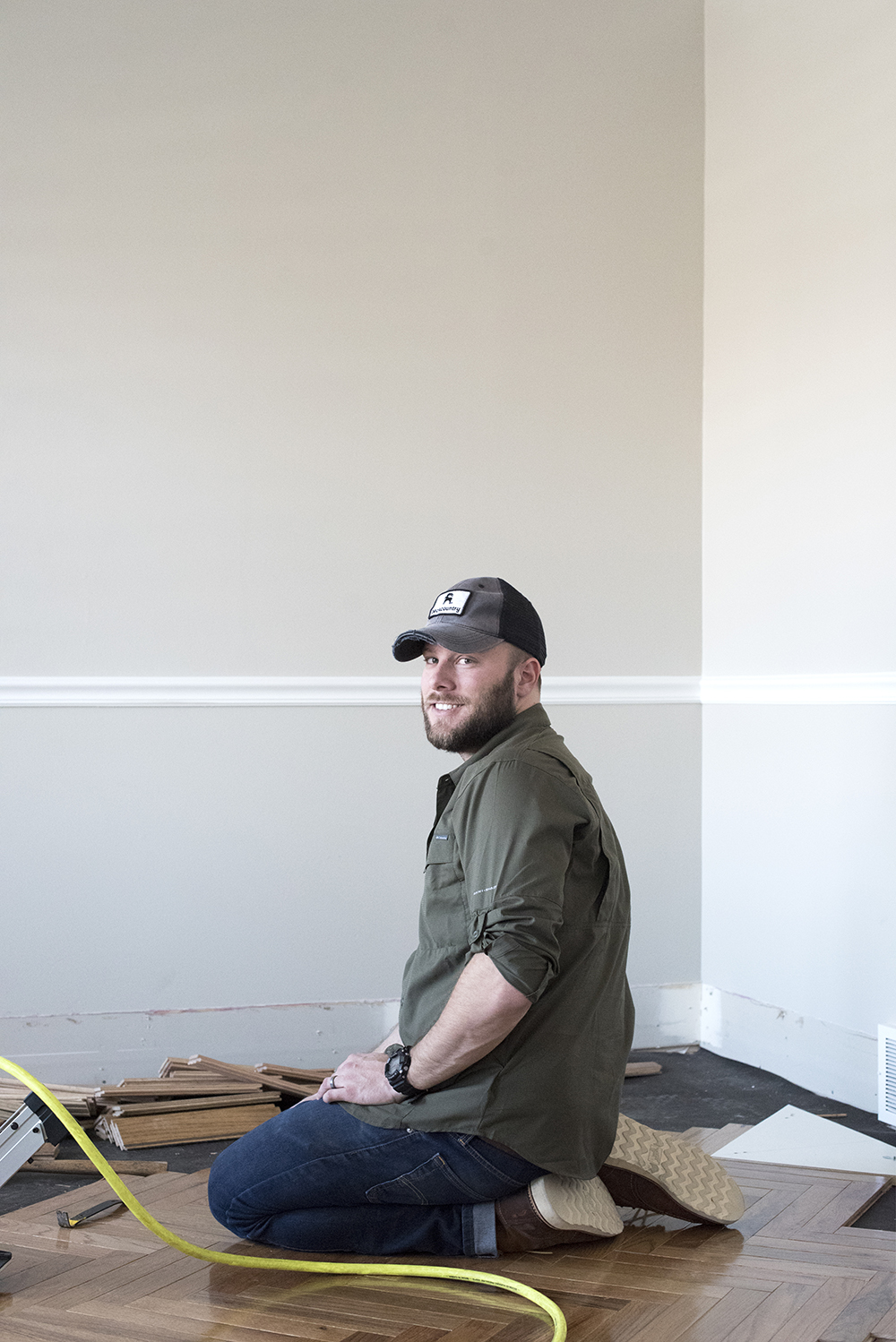
#1: Don’t spend money you don’t have.
This seems self explanatory- renovate within your means. This doesn’t mean you can’t take out a HELOC (home equity line of credit) or refinance your home, but it does mean you should do it with your budget in mind. Remember- this is spending the equity you have in your home and is considered debt. Make sure you can afford it and it’s a smart investment. Borrow a reasonable amount and renovate within your means. Don’t kid yourself when you borrow money… that still means you can’t technically afford it. I know that sounds harsh, but we have to be honest with ourselves. The optimal choice is always saving the money, and paying for the project with the money you’ve saved.
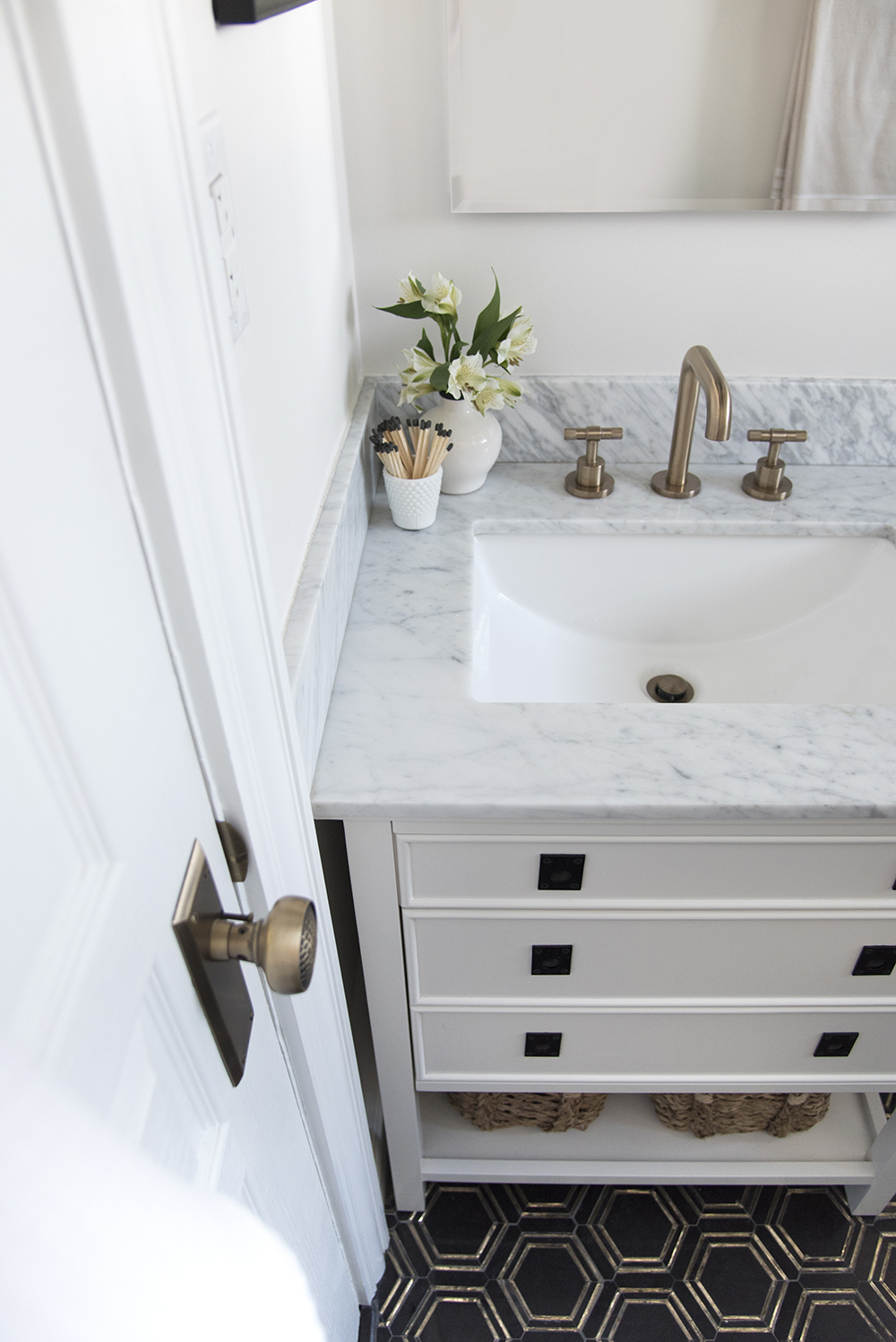
#2: Get an estimate and plan ahead.
Get an estimate and work toward that goal. Figure out how much your project is going to cost, and plan ahead. My rule is actually to get three or more estimates, pricing out a project with different contractors. Check out this post on how to find, hire, and manage reliable contractors.
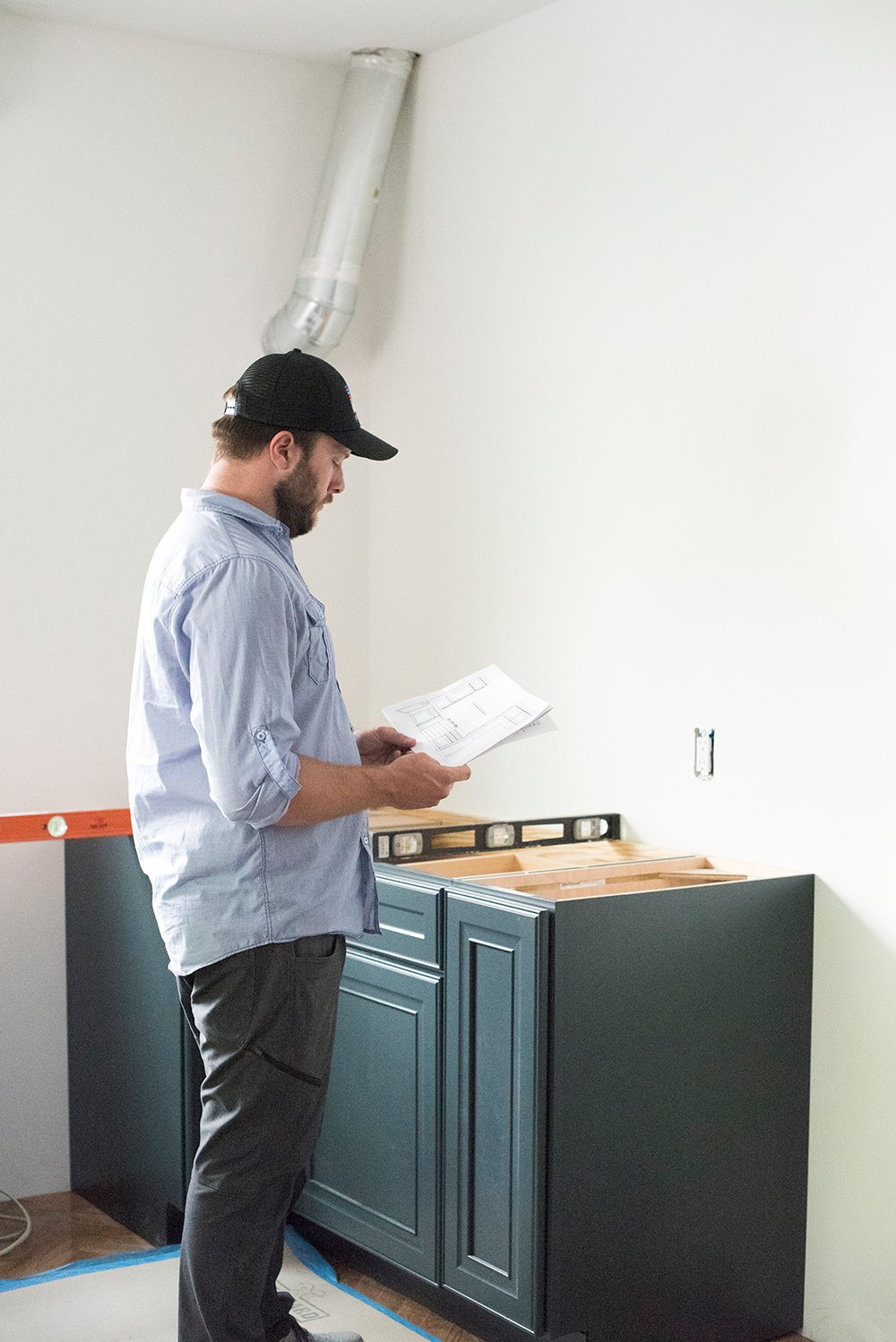
#3: To work in phases or not?
Working in phases can be beneficial, or it can end up costing you more. Research, then decide what best fits your budget and plan! Tackling a project in phases can make larger projects more attainable. It allows for progress much more quickly. Always ask your contractor if they’re willing to work in that manner… completing a project in phases, but be sure to have them price it out both ways. For example, a contractor may give you a price break for running electrical in your entire home, rather than doing it room by room. Once you have estimates, you can make an informed decision and proceed.
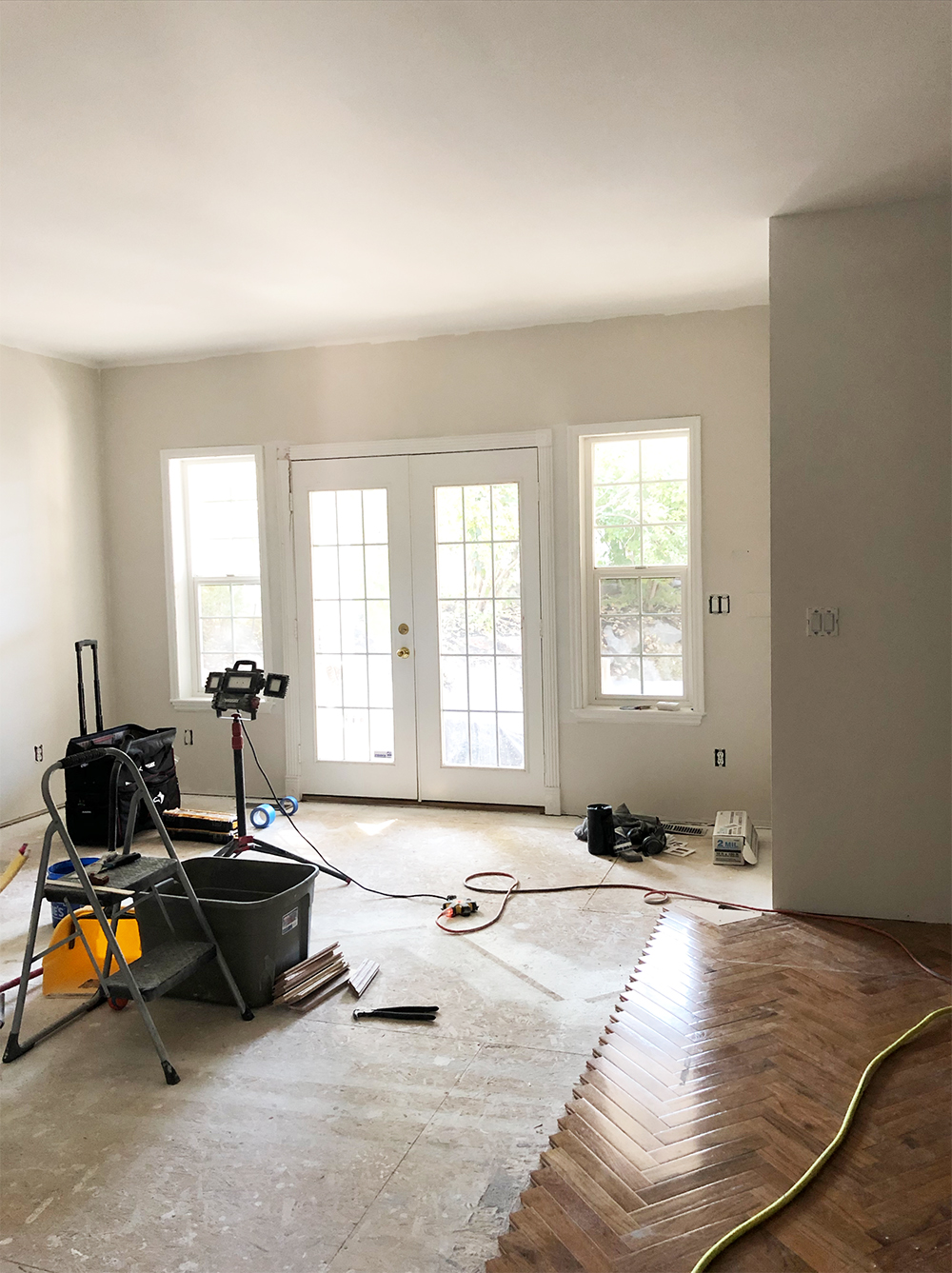
#4: Smart savings.
Saving is the name of the game. We already touched on this, but saving is the best way to pay for a project. While saving, remember that money in a standard savings account is actually losing money due to inflation. If you’re saving money, you should be investing. Not all investments have to be risky and longterm. For example, moving your money from your conventional savings account at your local bank to a high interest savings account online can gain you 1-3% in earned interest, with essentially the same amount of safety and liquidity. Or if you’re saving for a 2-5 year project, you could invest in certificates of deposit (CDs) and bonds. These are historically safe with modest returns. However, it is better than having your money sit in a standard savings account. Always make your money work for you.
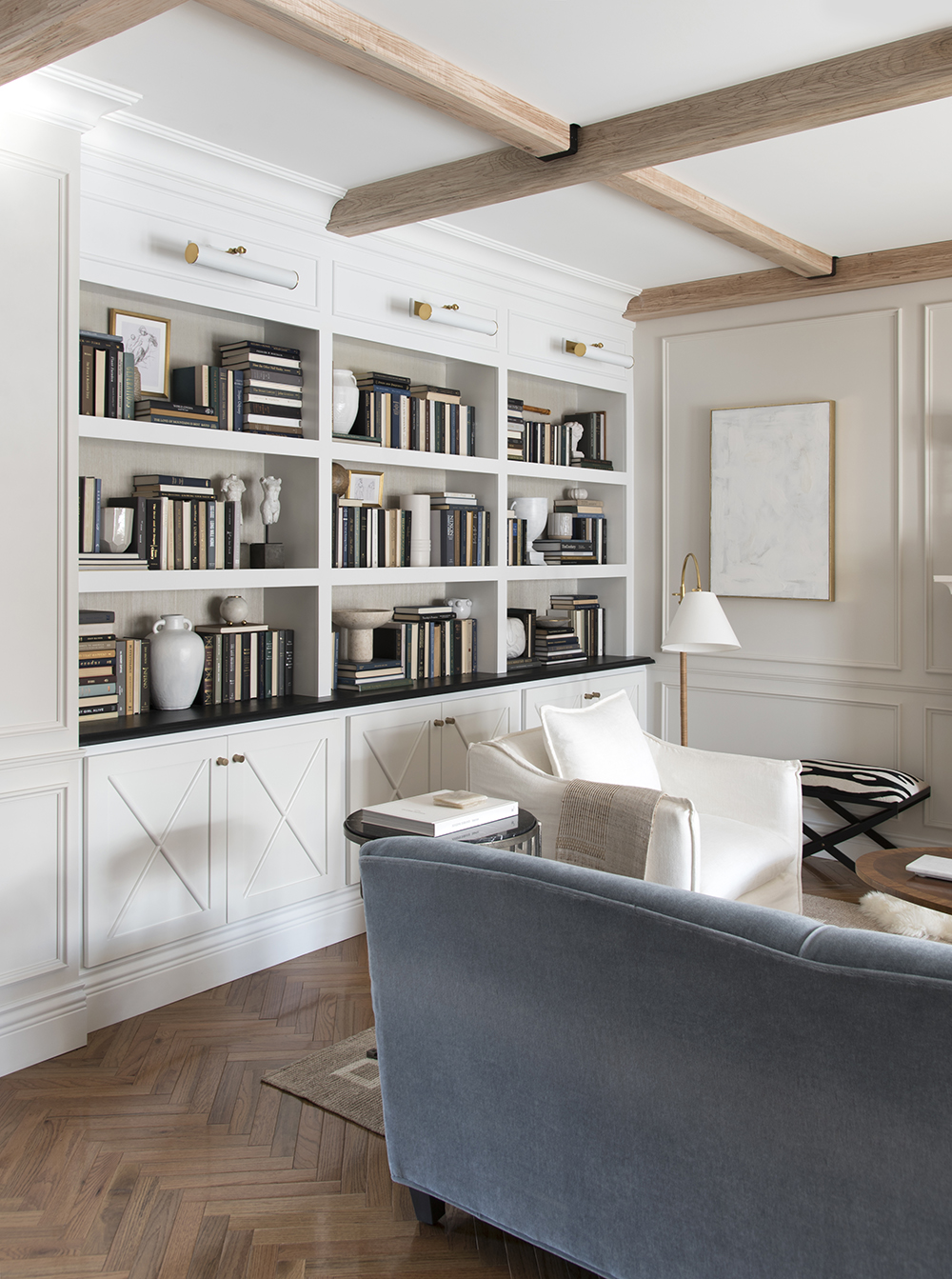
#5: Take the DIY route… if it makes sense.
As you already know, we DIY 95% of our home projects. It does take more time, but in the end- we end up saving a lot in labor costs. If you’re willing to put in a little elbow grease, you can use the money you would’ve spent on labor elsewhere. On the other end of the spectrum, knowing when to hire the pros can also end up saving you money!
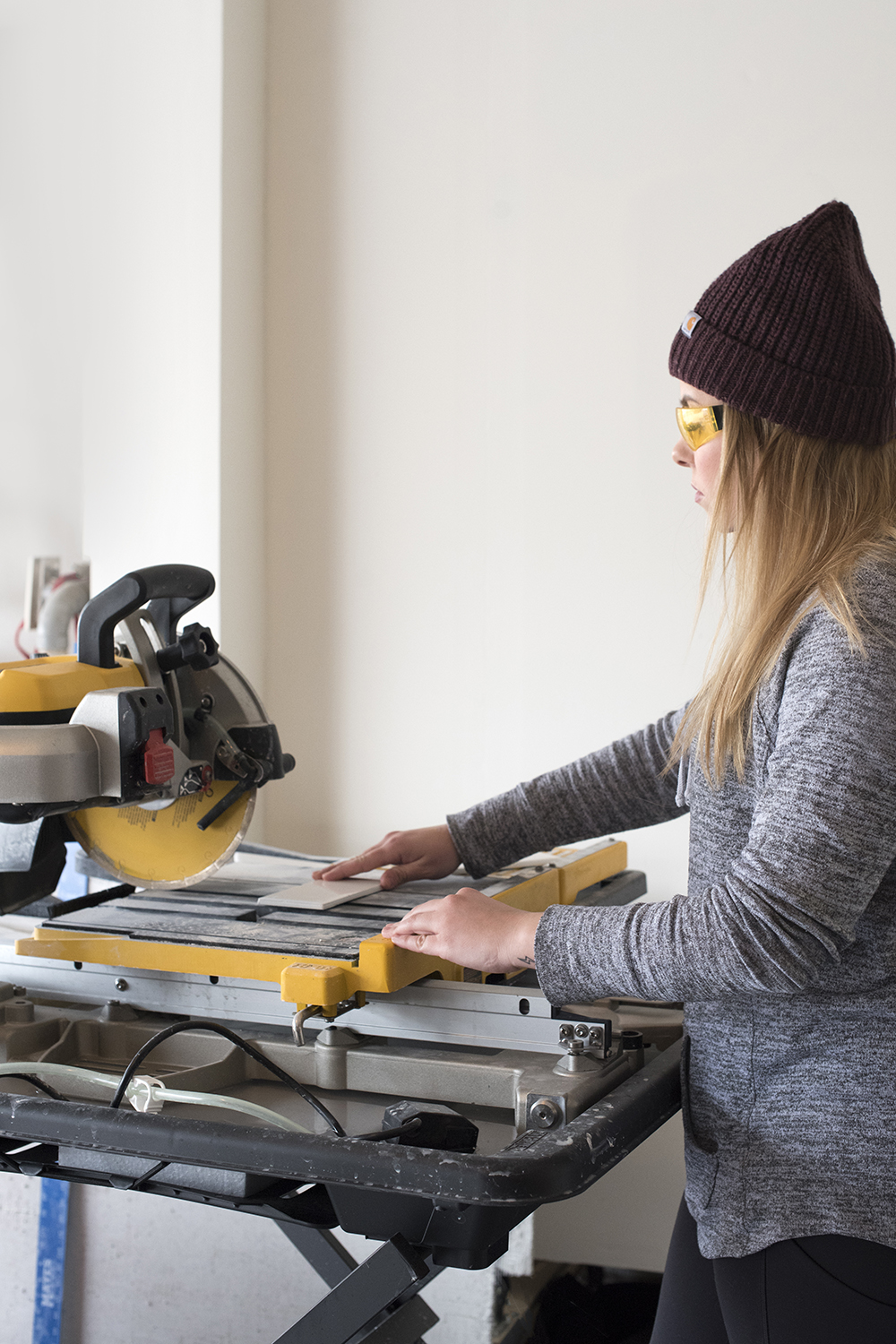
#6: Collect points.
Use credit card points to your advantage. When it comes time to start on your project, buy tools, building materials, furnishings, and decor on your credit card, redeem the points, then pay it off in full. We live for points in our household- every single purchase we make is on a credit card. The amount of Lowe’s gift cards we’ve cashed in thanks to credit card points is a staggering amount. Points can really add up quickly and make your budget go further. You’d be surprised how many points you can get from paying for a $5k appliance or $20k worth of kitchen cabinetry. It’s significant! Also ask contractors if they will accept credit card payments, but do be aware of the processing fee- ask if they charge one and do the math.
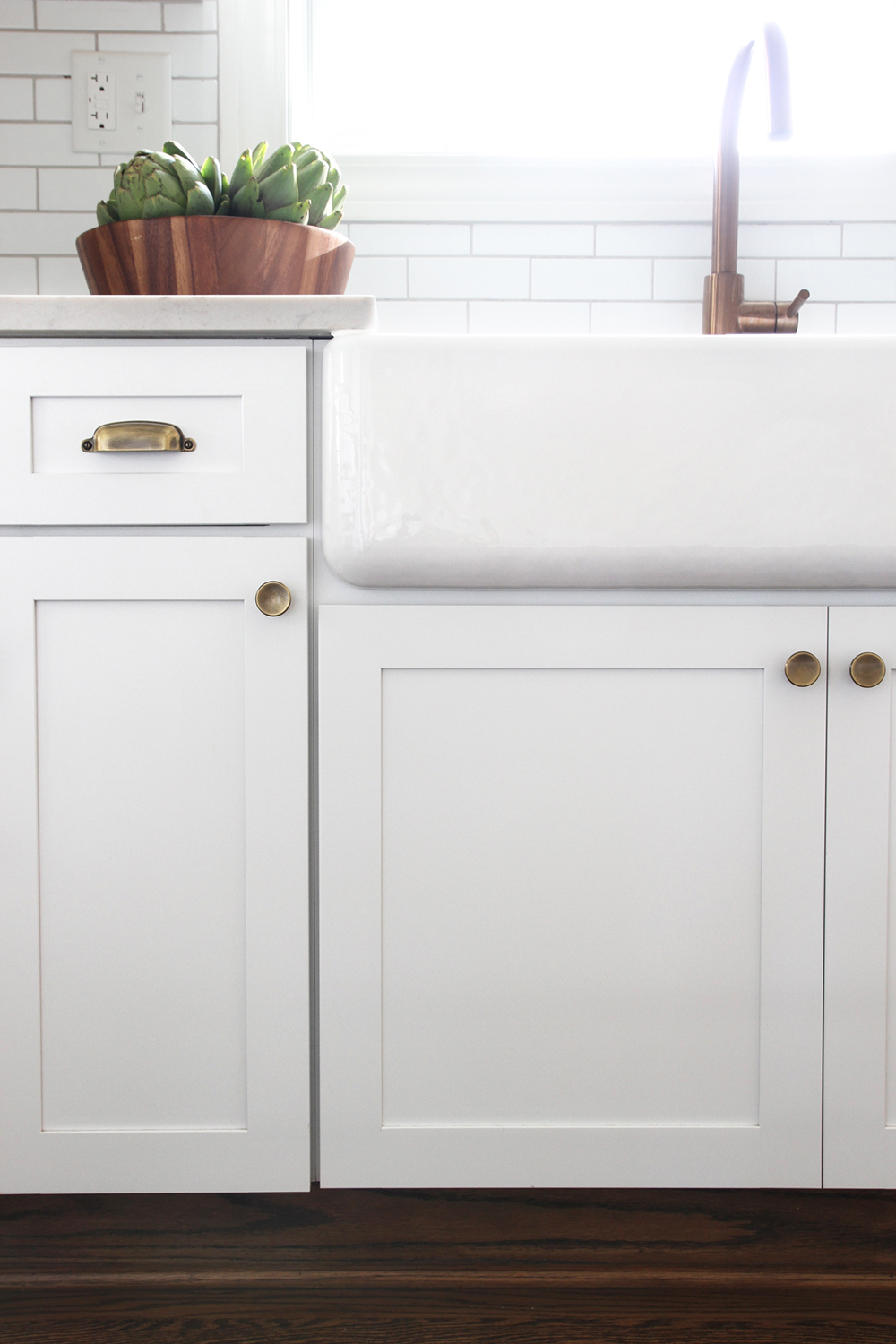
#7: Save on big purchases.
Check out Sarah’s post on 10 ways to save money on major home buys. From purchasing floor models and remnants to taking the DIY route, we do a lot of these things to save money while still creating a high-end look at home. These little things add up and create wiggle room in our budget.
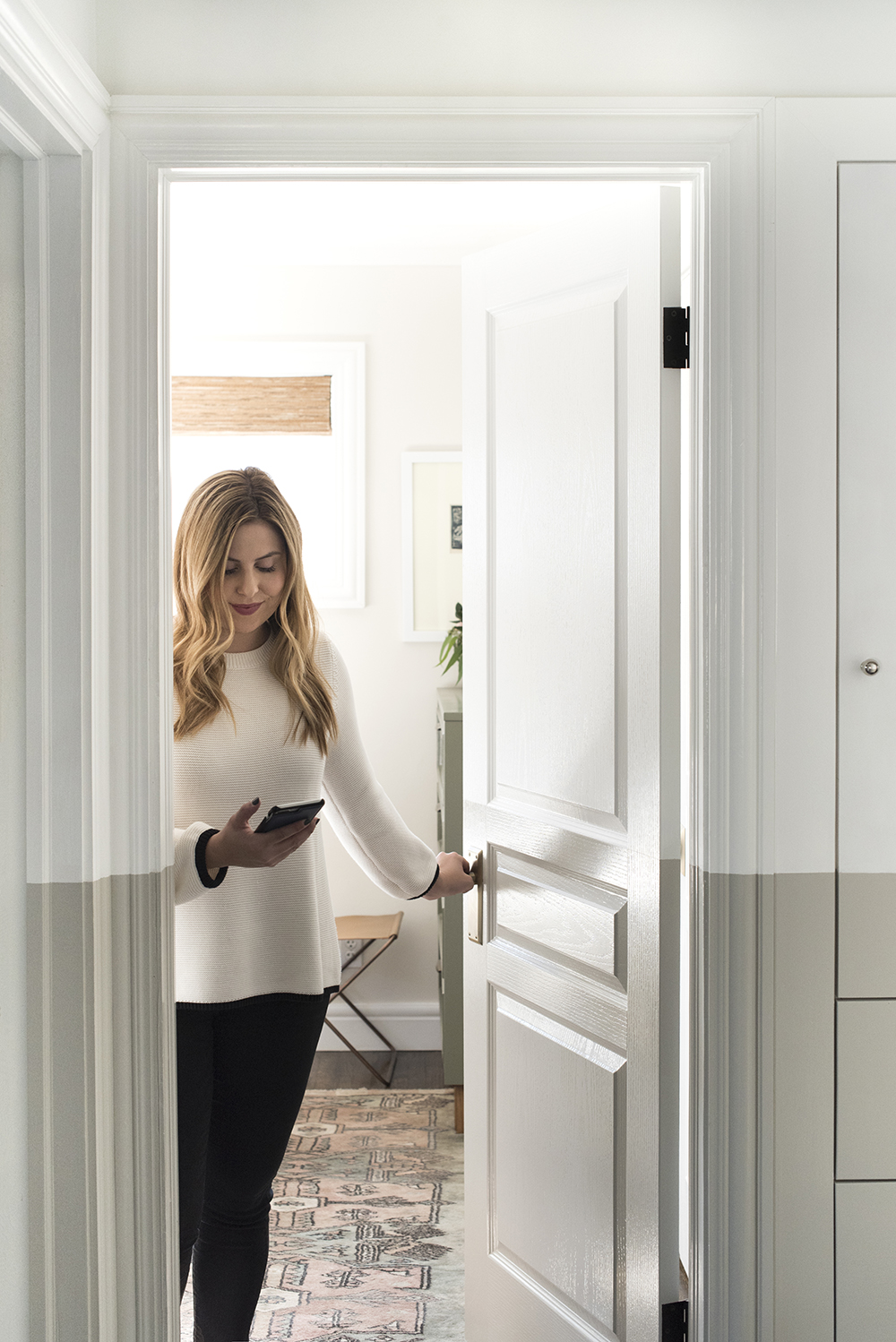
#8: Consider your return on investment.
Renovate with your home and neighborhood in mind- always keep ROI on your brain. It’s a bad investment to over renovate… you’ll never recoup that money when it comes time to sell. Here are 10 home updates to skip based on ROI. You can also find 10 home updates that actually pay off and add value in this post.
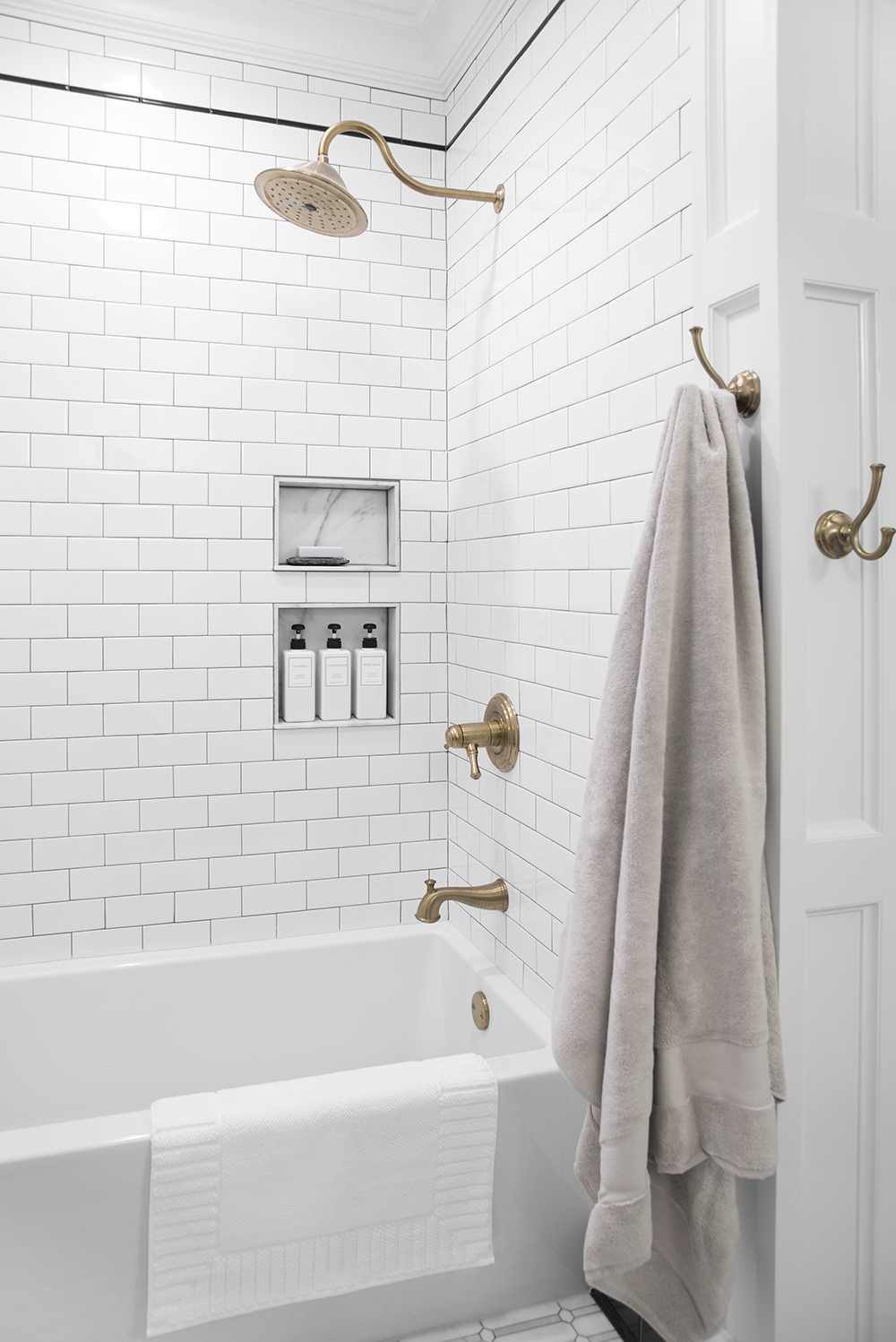
#9: Create padding in the budget.
Although there is no formula for expecting the unexpected, save more than your original estimate. For example, if your formal bid is $10k, save a contingency amount… maybe shoot for $12k? If things don’t go as planned, this padding will be very helpful! If things do go as planned, you can use that extra money for upgrades, or roll it into another home project you’d like to tackle in the future.
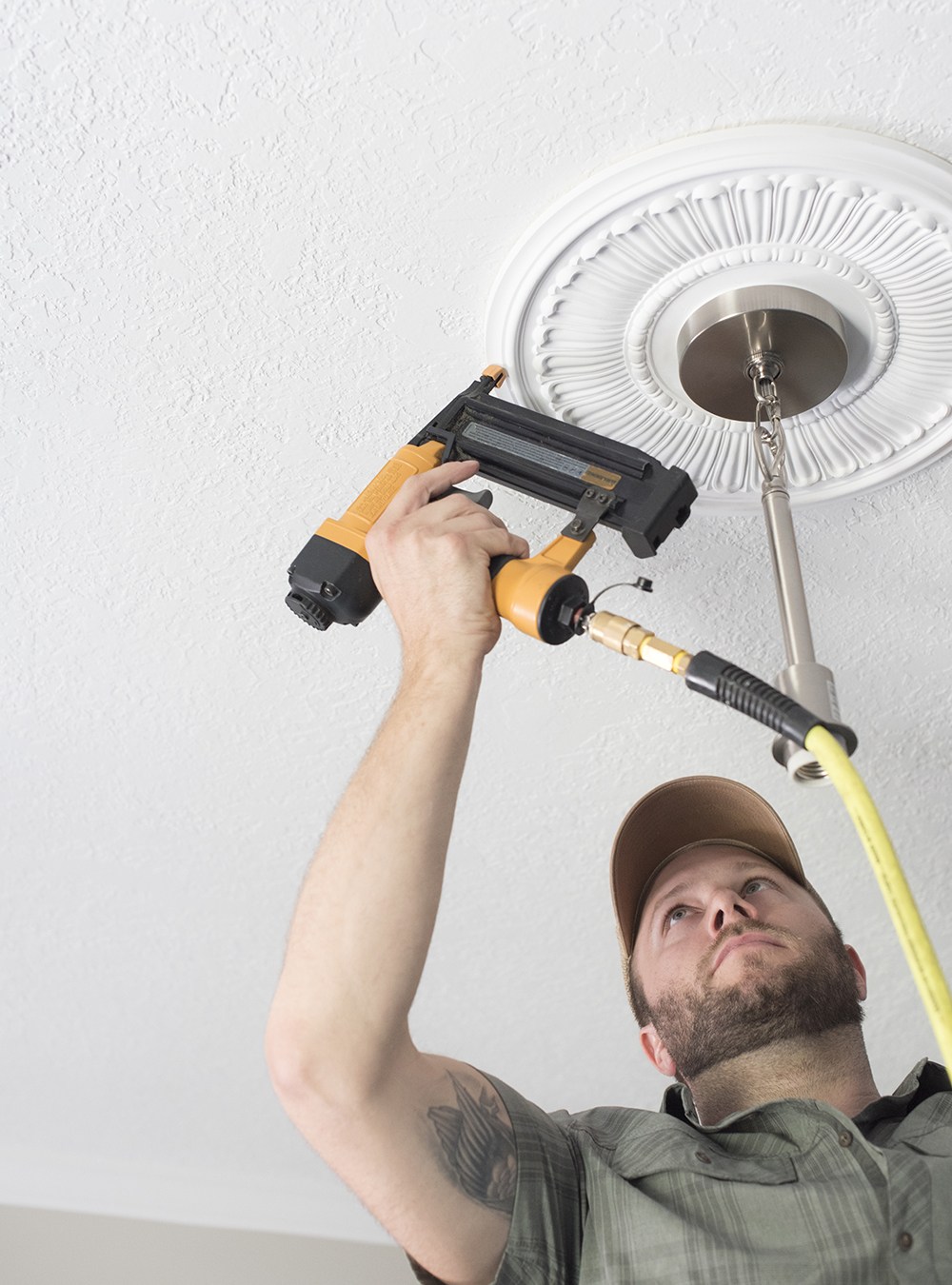
#10: Be conscious of the economy.
Right now is actually a terrible time to build or renovate solely based on the cost of supplies. Most people don’t know how much a 2×4 piece of lumbar typically costs, but building materials are currently up over 40%. That’s a significant amount. Building supplies fluctuate just like gas prices. If you aren’t sure how much things normally cost, it’s a good thing to research. It may be worth putting your project on hold for six months to a year because it could save you thousands of dollars, based on fluctuating costs. If you have wiggle room in your timeline, it may be smart to wait.
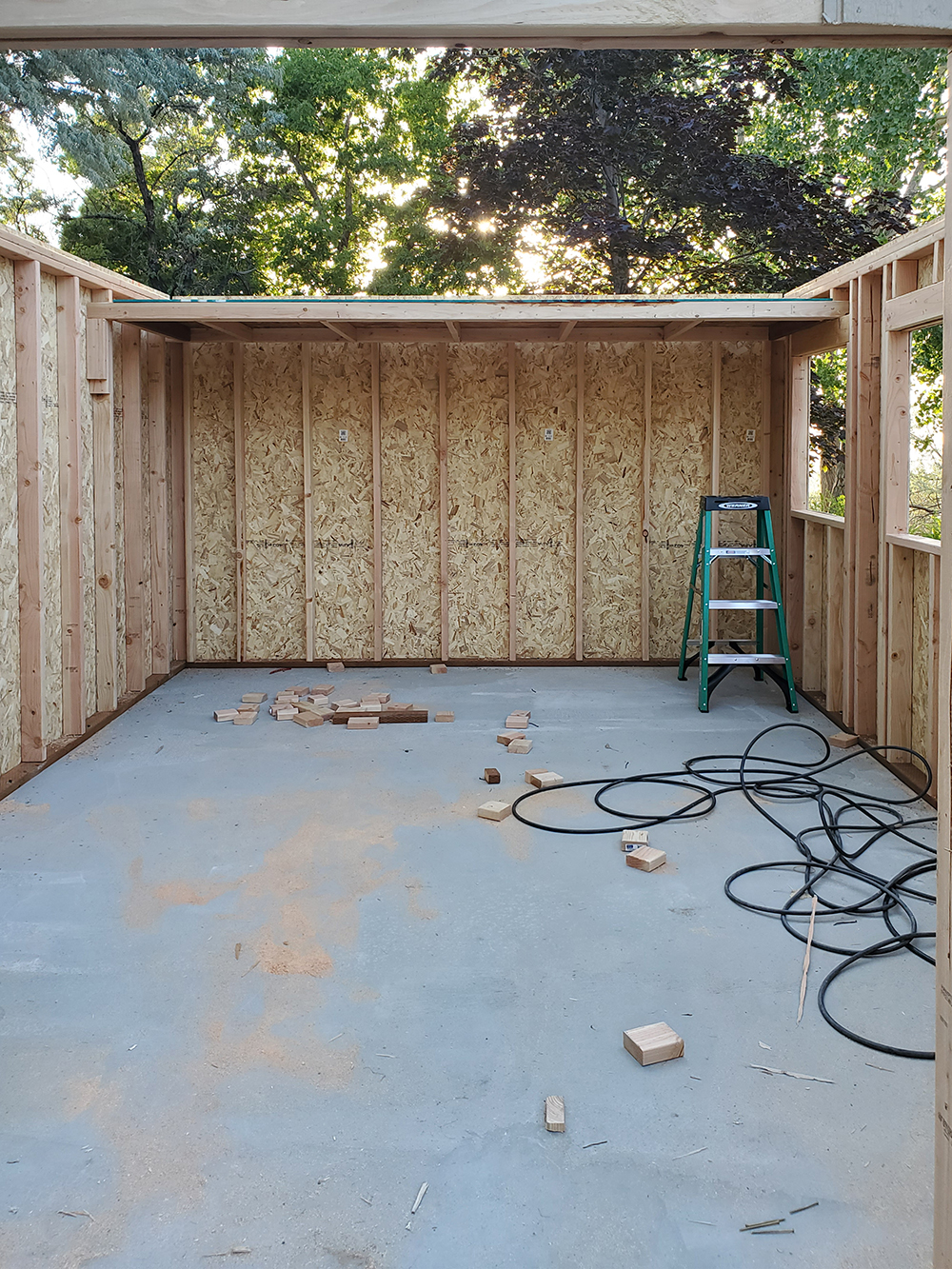 Sarah here again. Big thanks to Emmett for sharing his tips! I’ll admit, I’m not the most patient person when it comes to waiting, saving, and planning, but I’m so appreciative to have Emmett handling the (boring-to-me) financial side of our projects. It makes my life easier and thanks to him, we don’t have a massive pile of debt. I wish I had his analytical math brain, but we make a good team. I hope this post was helpful for you too! Feel free to drop questions in the comment section for Emmett and he’ll answer them later tonight.
Sarah here again. Big thanks to Emmett for sharing his tips! I’ll admit, I’m not the most patient person when it comes to waiting, saving, and planning, but I’m so appreciative to have Emmett handling the (boring-to-me) financial side of our projects. It makes my life easier and thanks to him, we don’t have a massive pile of debt. I wish I had his analytical math brain, but we make a good team. I hope this post was helpful for you too! Feel free to drop questions in the comment section for Emmett and he’ll answer them later tonight.
